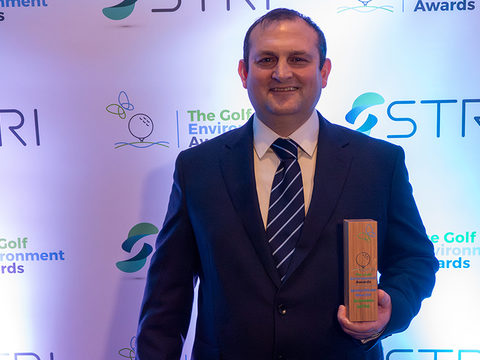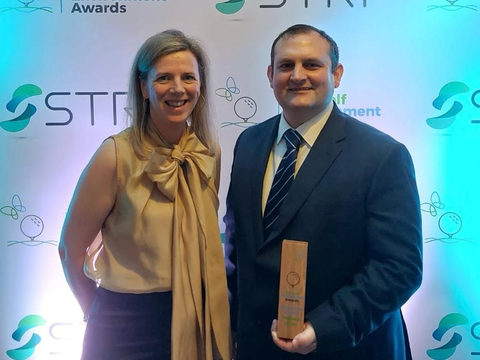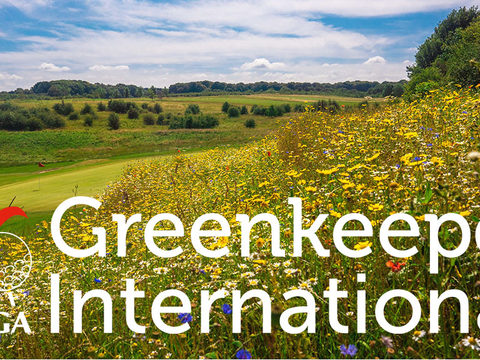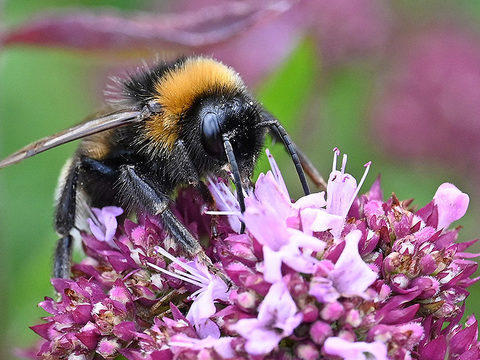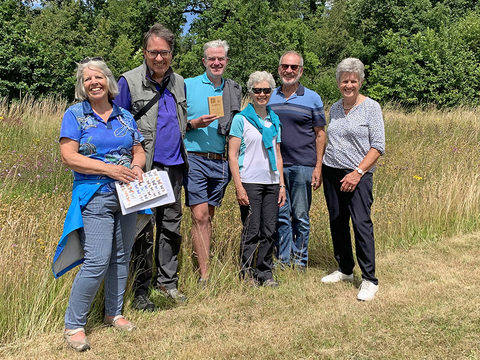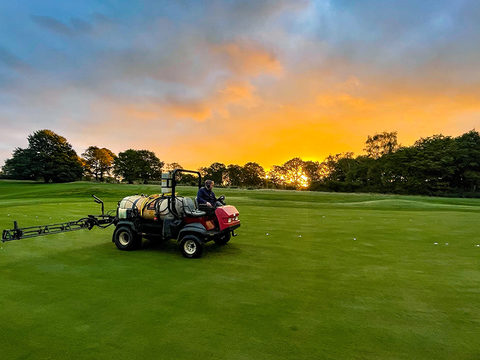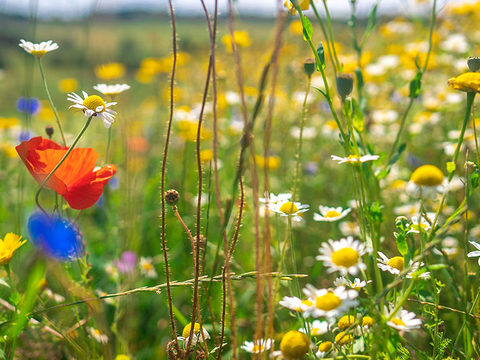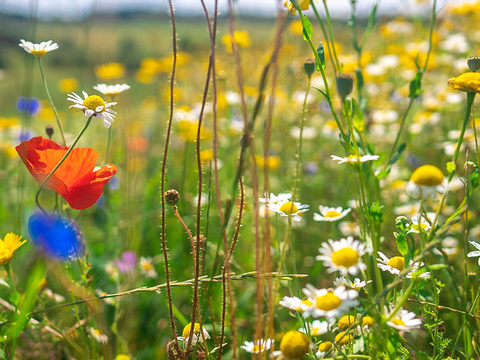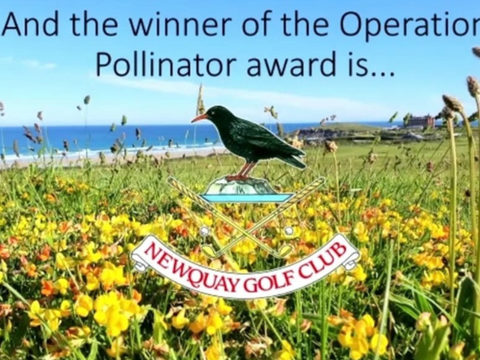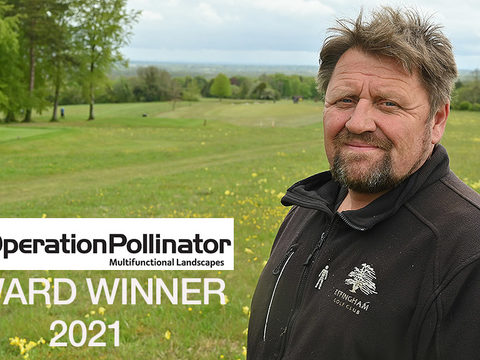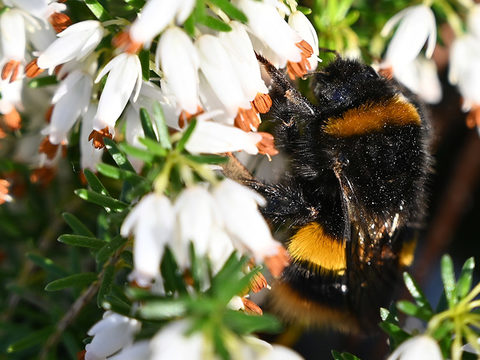GreenCast in UK and Ireland - Ecological inspiration for Ireland
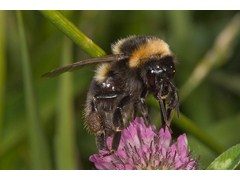
Around 30 golf course superintendents, turf and parks managers and agronomists attended Ireland's first Operation Pollinator Training Workshop, organised by Syngenta and Everris and held at the NAAS Golf Club in Co Kildare (Thursday 24 May).
The workshop, led by STRI Ecology & Environment Manager, Bob Taylor, provided a combination of advice on how create new ecological habitats and how to use the initiative and the environmental features to attract new members, along with practical demonstration of novel techniques to establish and manage pollen and nectar habitats.
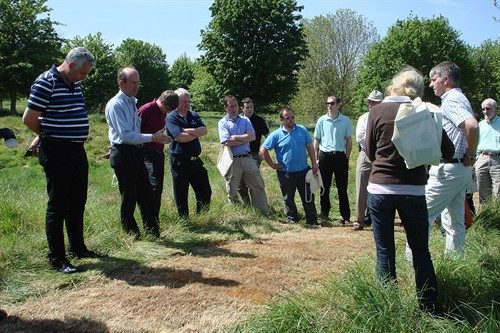
"With the current pressures on golf courses we need to be thinking more creatively about managing in-play areas to optimise the golfers' game," he said. "But outside that intensively managed part, there are large areas of great ecological potential, which can be managed to enhance the overall experience and enjoyment players get from their round. Ultimately that will attract more players, and their money, to the course."
Operation Pollinator trials at STRI in Yorkshire have, over the past three years, created a wildflower habitat of quite stunning diversity that has been alive with bumblebees and pollinating insects, as well as season-long colour. The techniques developed by the study, including integrating chemical controls of Rescue and Primo Maxx in conjunction with conventional cutting and scarifying, now offer greenkeepers a faster and potentially more cost effective route to successfully establish wildflowers.
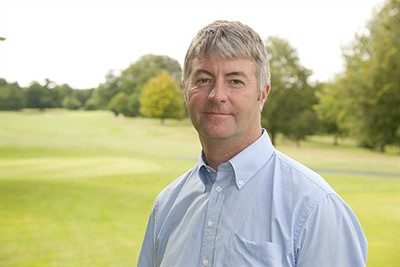
Mr Taylor (above) believes better management of the marginal rough and designated areas of ecological rough can be used to enhance the look and playability of the course, along with delivering incredibly valuable environmental areas that will also give a more enjoyable playing experience.
Environmental attraction
Syngenta Technical Manager, Dr Simon Watson, reported that the recent Syngenta Golf Player Survey showed that a natural looking course is the most important environmental aspect. For over 70% of players, being able to frequently observe birds and wildlife is highly important, with a similar number supporting environmental initiatives at the course as highly important.
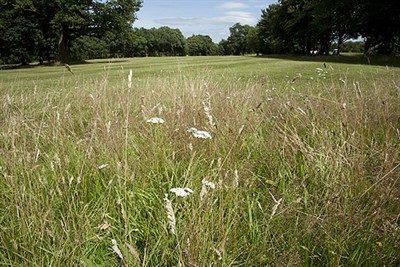
Indeed, the aesthetics and environment of the course is second only to its design as the prime factor most likely to attract new players, he added.
"Our experience, from the enthusiastic response to the Operation Pollinator initiative, is that utilising out of play areas for environmental gain is hugely popular with players and greenkeepers. It can add another exciting dimension to the course to attract players that perfectly complements providing high quality playing surfaces," according to Dr Watson.

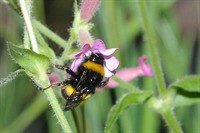
Colman Warde of Everris, who arranged the event in conjunction with Syngenta, added that: "Operation Pollinator is an incredibly positive message for the golf industry that courses can be managed to provide an incredible ecological resource, alongside creating exceptional playing conditions using the latest techniques.
"If the workshop attendees turn their real enthusiasm at the event into practical projects on the course, then Ireland could lead the way in the creation of Operation Pollinator habitat on golf courses across Europe. It will be positive action for pollinating insects that will further enhance the attraction and playing experience of our courses."
For more information visit the www.operationpollinator.com/golf

